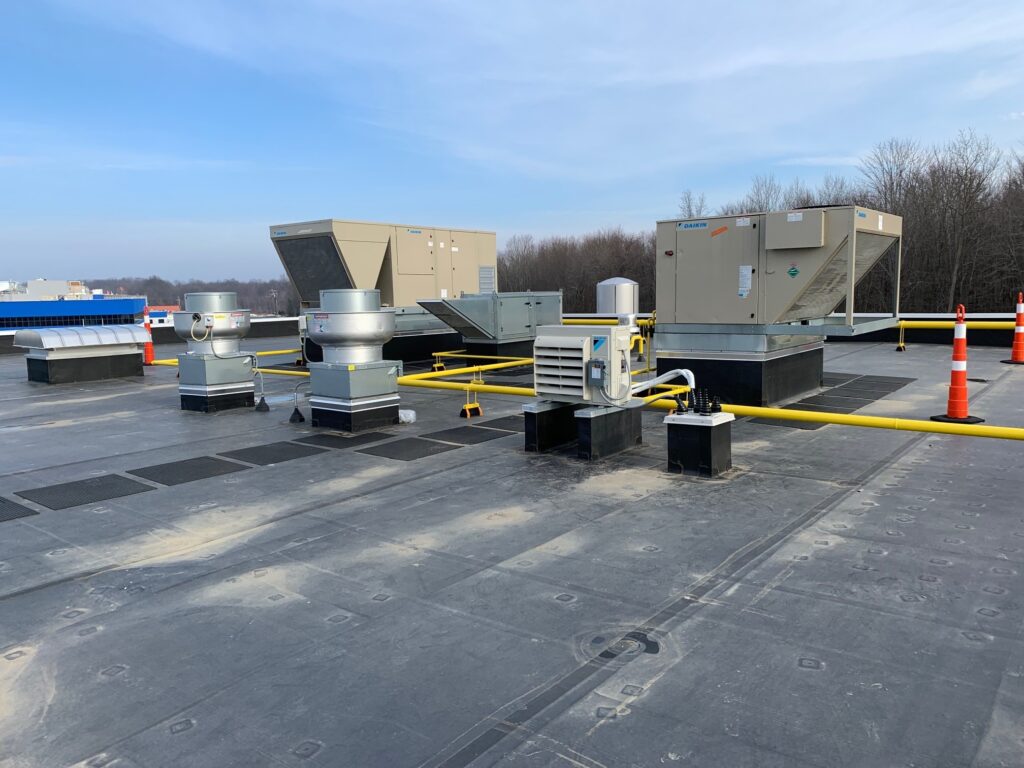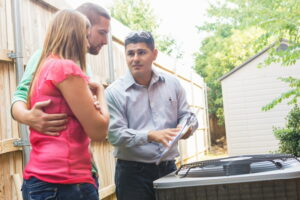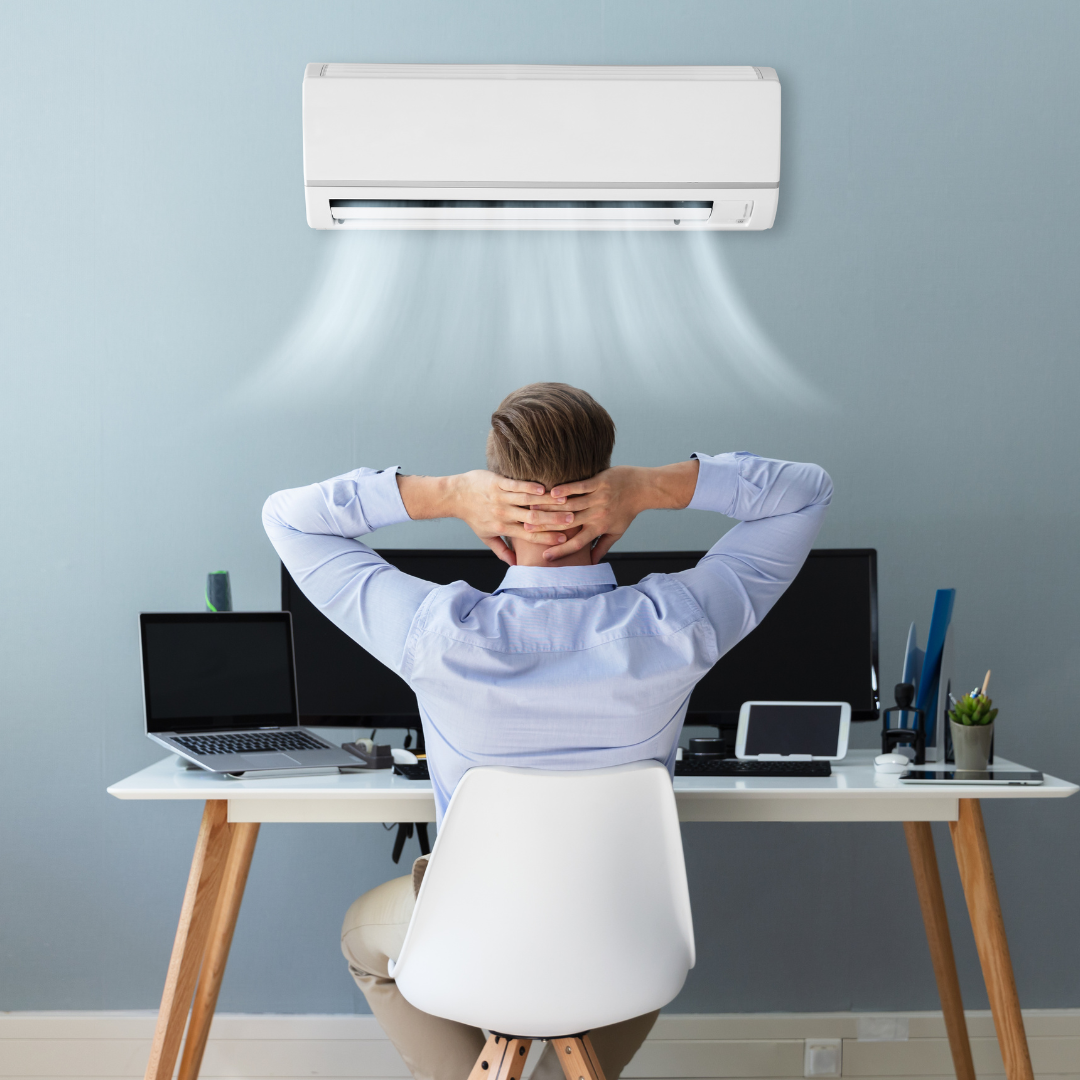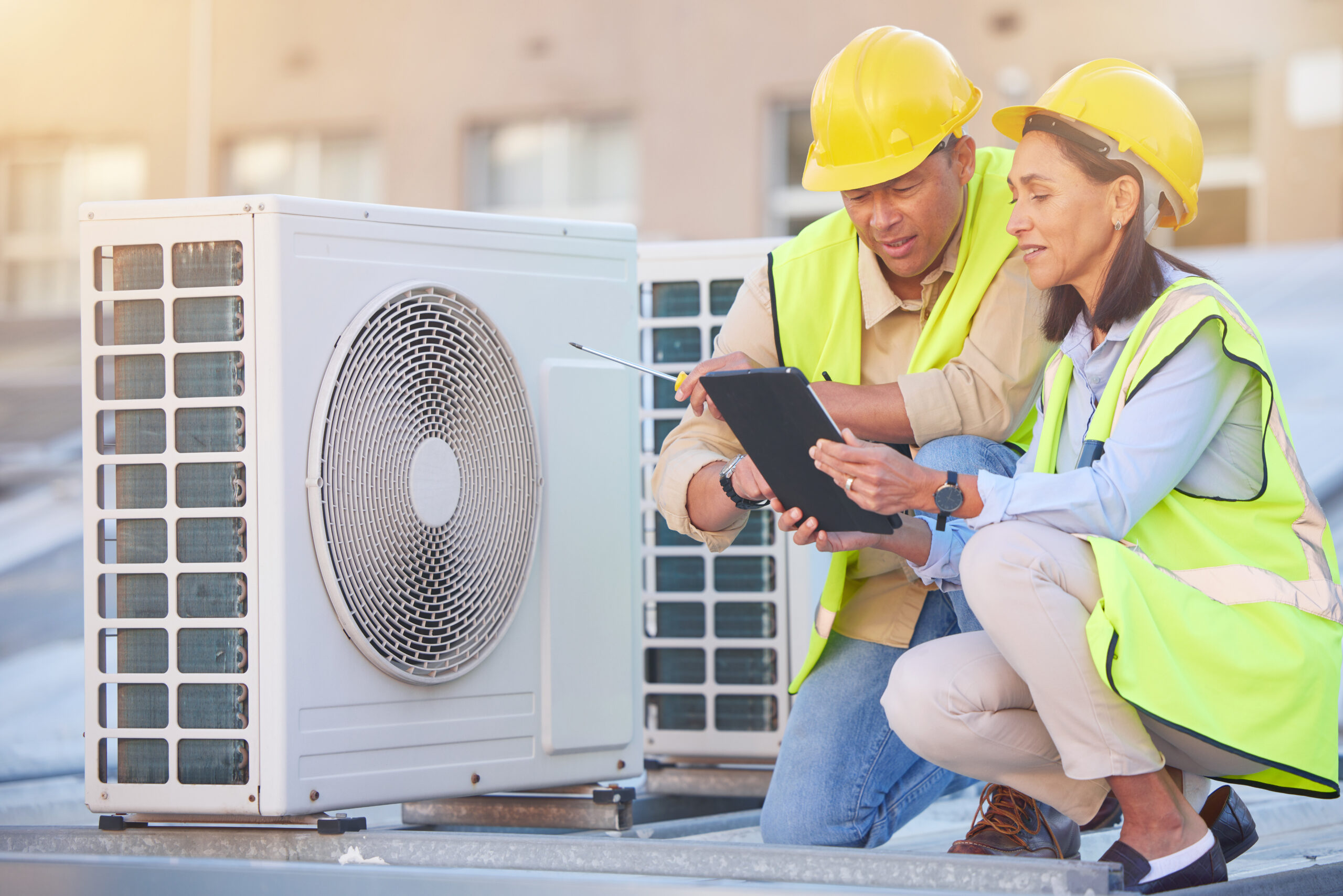Is your heat pump failing to operate the way you expect? Well, don’t reach for the phone just yet. First, check to see if any of these factors are responsible.
Defrost Cycle
If your heat pump is blowing cold air in the middle of winter—and you’ve made sure it’s not accidentally in cooling mode—go ahead and inspect the outdoor unit. If you find that it’s covered in ice, don’t be alarmed. Your heat pump is most likely using a defrost cycle to get rid of the ice. During that time, it may blow cold air.
The defrost cycle should only last about 15 minutes, so if your outdoor unit is still frozen, it might be time to call for heater repair in Ridgeville, OH. Alternatively, if your heat pump is blowing cold air and there’s no ice at all in the outdoor unit, that could warrant an expert’s opinion.
Slower Than Usual Heating
When lifetime furnace users switch to heat pumps for the first time, many of them complain that the heater is slower and not as effective. In truth, heat pumps simply do not heat the room as intensely or quickly as furnaces—but they’re not less effective.
Heat pumps will operate slower in order to heat the room more evenly. That also might lead to quieter performance than a furnace user is used to. If the heat pump fails to reach the temperature on the thermostat, however, then that sounds like a problem to call in for.
Accidental Emergency Heating
Some brands of heat pump use an auxiliary heating mode to help keep heating efficient through cold temperatures. However, some homeowners have gotten this mode confused with the emergency heating mode.
While auxiliary heating turns on automatically and acts as a supplement to the heating, emergency heating is turned on manually and is a substitute for the usual heating. The problem is that using the emergency heating mode for an extended period can be expensive.
A homeowner who mistakenly believes the emergency heating is giving their heat pump an extra bit of power will end up with a much larger bill than they anticipated.
Problems That Definitely Need Professional Attention
While the above problems don’t require any attention on their own, these are the kind of problems that do. Turn off your system and call in for repairs if you experience any of the following:
- Leaking refrigerant: If you hear hissing from any of the refrigerant lines or coils, you most likely have a refrigerant leak. Turn off the unit immediately and call in for repairs before further damage is done.
- Unit is rapidly turning on and off: This is called short-cycling, and it can put heavy stress on your system. It may be fixed by something as easy as changing the air filter, or it could be due to having the wrong unit installed for your home.
- Squealing or grinding noises: Odd noises coming from the heat pump can be almost anything, but almost never anything that isn’t harmful to the system.







